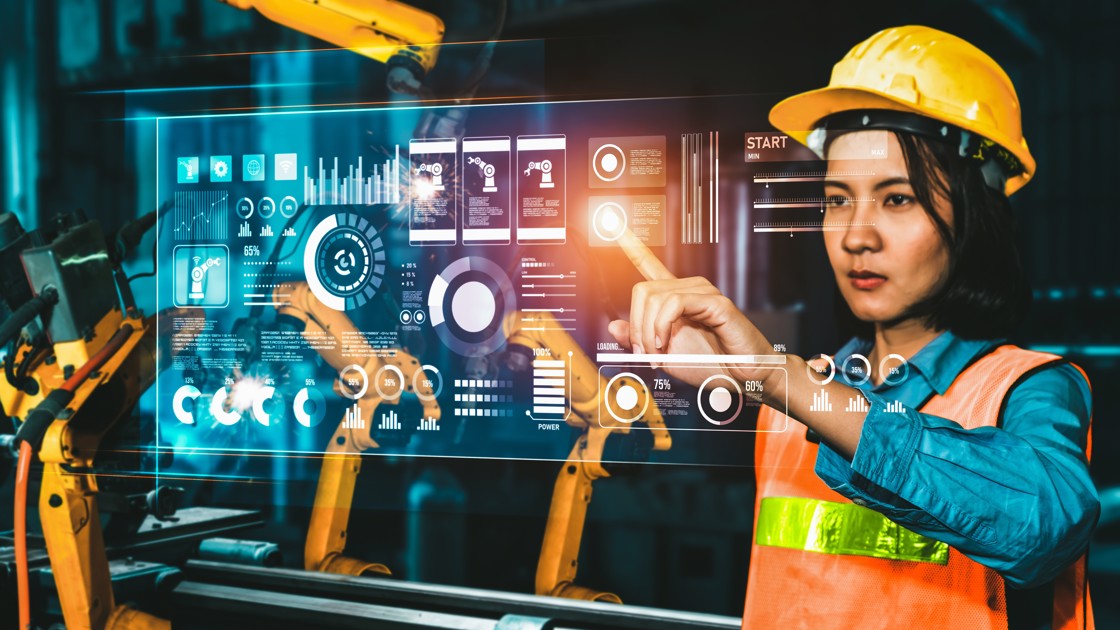Artificial intelligence has been hitting the headlines ever since ChatGPT stunned the world with its ability to mimic human speech. ChatGPT is so good at imitating a human that it can hold a conversation, write a lecture or draft an amendment to a legal proposition—potentially even an entire law.
The reaction to such generative AI has been very strong, with many high-profile people calling for a pause in its development. Some countries, such as Italy and now possibly Spain, have even attempted to ban ChatGPT due to concerns over the use of citizens' personal data. European data-protection authorities have set up a task force on ChatGPT to ensure the associated rules are applied consistently across countries.
Urgently needed
The European Union is set to tackle AI with its much-debated AI Act. As is all too often the case, however, the world of work is falling off the radar.
As currently formulated, this important new regulation when agreed will require AI producers to assess their technology themselves, from ‘low-’ to ‘high-risk’, before putting it on the market. And that is pretty much where the protection ends—not a word about the impact of AI in the workplace. Yet if ChatGPT has proved anything, it is that AI needs more than self-assessment.
Trade unions have long called for an adequate regulatory framework for the deployment of AI at work. This is urgently needed to protect workers’ rights. Unfortunately, this demand has so far fallen on deaf ears among policy-makers.
Hopefully, ChatGPT has served as a wake-up call, demonstrating that AI is a disruptive technology with unexpected potential and effects. It therefore requires regulation that can ensure it is used for the benefit of industry, the economy and society at large.
Increased stress
There is growing evidence of the impact of AI on the world of work. A recent survey-based study by the Organisation for Economic Co-operation and Development found that in manufacturing workers were experiencing increased intensity and stress, as a result of the faster pace of work dictated by AI, and were increasingly concerned about the privacy of their data.
The study also however showed that the solution lay in involvement of workers through their union. AI tends to have a more positive impact when workers are consulted about the introduction of the new technology and trained to use it effectively.
Indeed massive investment in training—especially on-the-job training and lifelong-learning programmes—is essential, because AI is changing the nature of jobs. In manufacturing, it has been associated with the deskilling of workers, especially those with medium qualifications. This creates a dangerous polarisation between high-skilled and low-skilled workers.
A good example is the electric engine which is replacing its fossil-fuel-based, internal-combustion predecessor. Most of the diagnostics and repair in the event of damage are done by AI—leaving little room for mechanics, sometimes even engineers.
The problem of deskilling is closely linked to the growing ‘invisible tasks’ AI creates. A procedure is never fully automated, because there are always secondary tasks workers have to carry out to the rhythm of the AI. It may appear that the machine is working by itself but in fact the worker is struggling to keep up—their role sometimes reduced to simple, repetitive button-pushing.
Workers’ feedback
This is clearly not the improvement in job quality heralded by more rosy promotions of AI. Again, a good solution is early planning and consultation with workers and their unions.
This should apply at all levels but especially at company level, where workers should be involved in co-designing the AI to be introduced. Workers understand the impact of AI upon them; their feedback adds much value and should therefore be taken into account.
We are at a crossroads in the development and use of AI, with the rapid emergence of sometimes unexpected capabilities, as shown by ChatGPT. But there is no technological determinism. On the contrary, smart and rapidly evolving regulation, urgently introduced, can not only avoid the risk of falling behind the pace of innovation but can also shape its character.
The world of work cannot by default be treated as a testbed for new AI and the act in train does nothing to prevent this. Another legislative initiative is therefore required to address the impact of AI in the workplace—and ensure that it improves, rather than impairs, the quality of jobs.
For its part, industriAll Europe, representing workers in manufacturing across the continent, will be developing strategies and mobilising appropriate tools to reap the benefits of AI applications at work.
